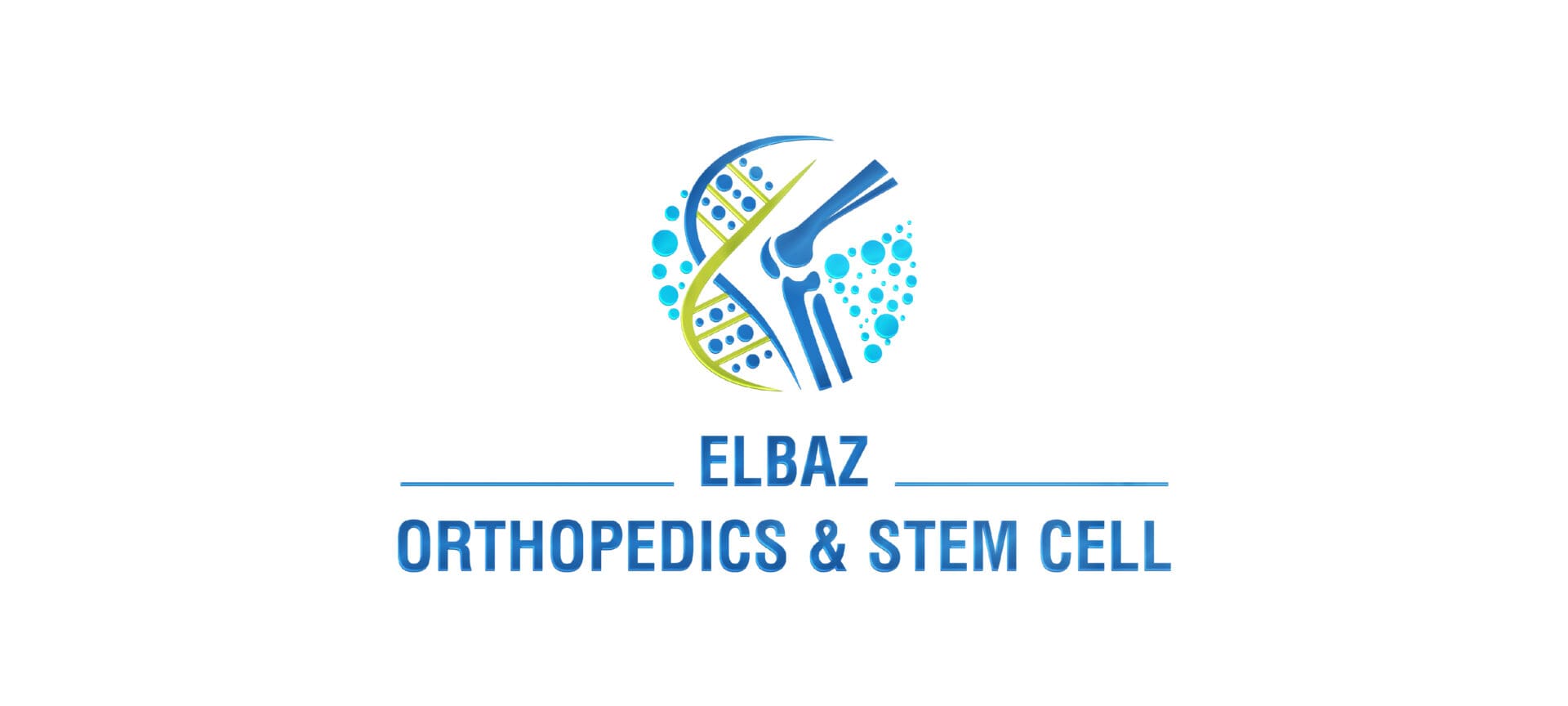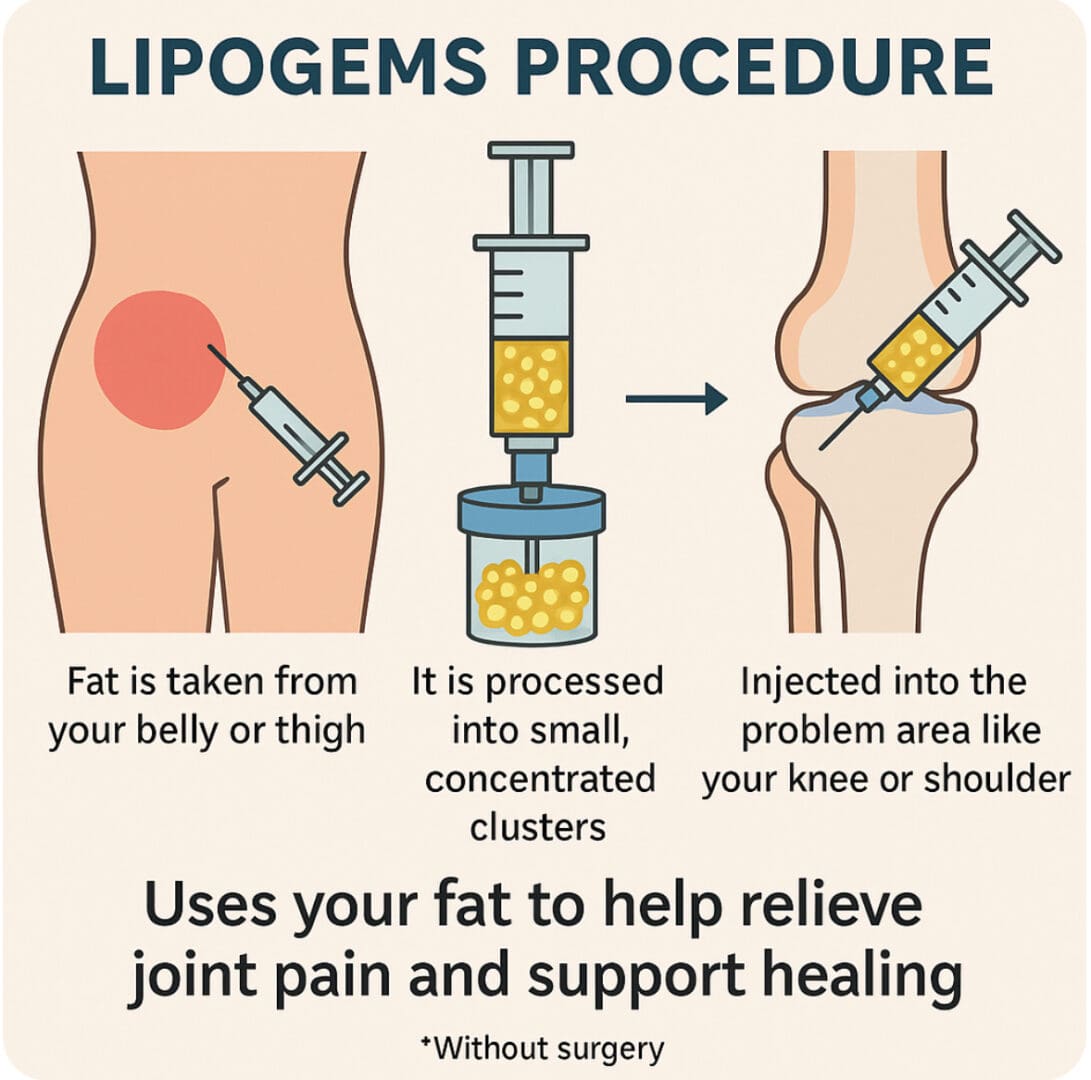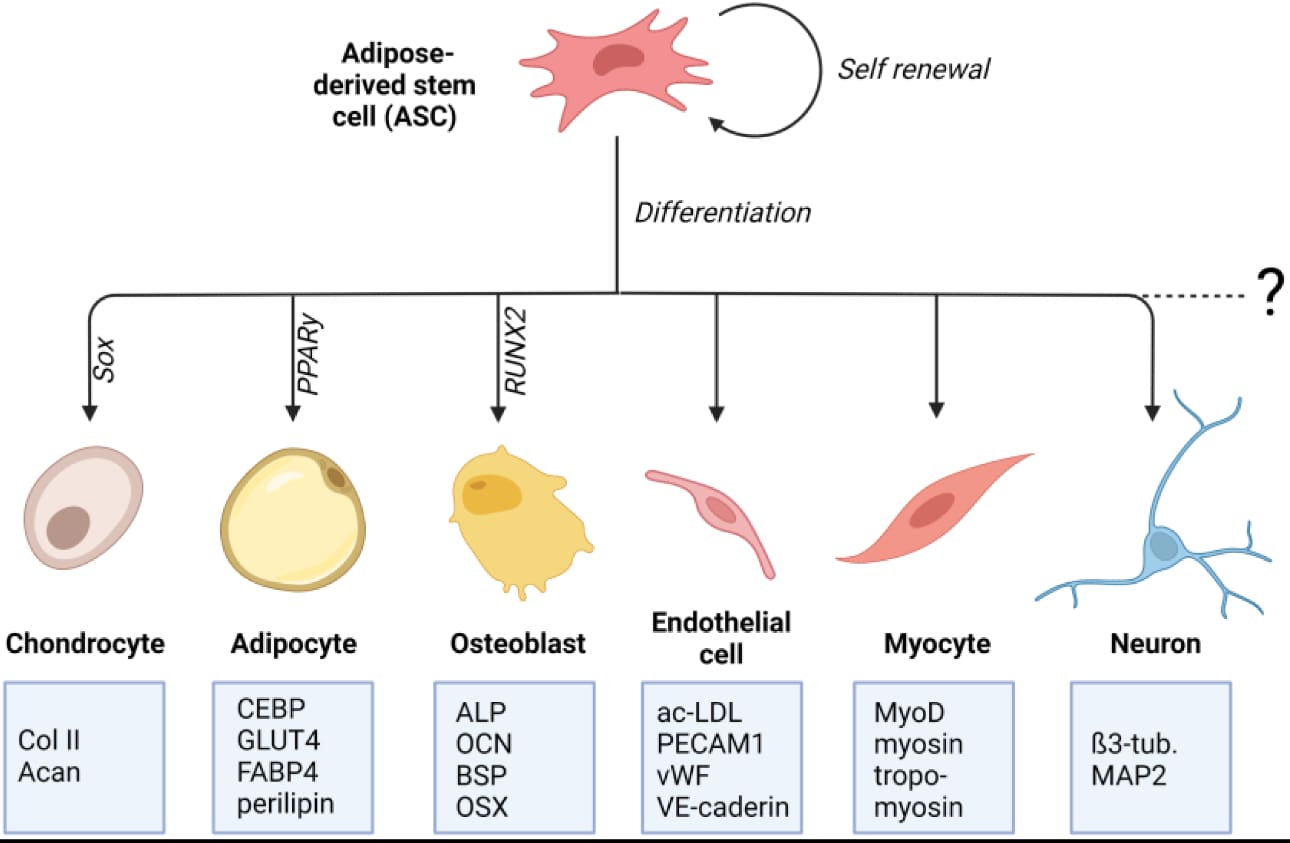Lipogems Adipose/Fat Therapy

Advanced Cell Therapy, Close to Home — Right Here in Houston, Texas
Dr. Elbaz is a recognized leader in regenerative orthopedic care, with extensive experience treating over 1,000 joint and soft tissue conditions using Lipogems® micro-fragmented adipose tissue.
As one of the first orthopedic surgeons in the U.S. to adopt this procedure following FDA clearance in September 2015, Dr. Elbaz continues to lead the way in innovative, non-surgical treatment options.
Fun facts about fat:
100,000 - 1 million mesenchymal stem cells per milliliter of fat
10,000x more mesenchymal stem cells in fat than in blood
100-500 more mesenchymal stem cells in fat than in bone marrow.
Fat can be used in conjunction with bone marrow to increase the numbers and types of stem cells
Fat is easily harvested even in very slim patients.
Multiple joints and soft tissues can be treated on the same day making the procedure efficient and cost effective
Lipogems works on patients of any age.
Lipogems is a minimally invasive procedure that uses your own fat—taken from your belly or thigh—as a natural way to help relieve joint pain and support healing.
We gently remove a small amount of fat using a numbing medication, very similar to liposuction but much less aggressive. That fat is then carefully processed in a sterile, FDA-cleared device that washes away impurities and breaks the fat into tiny, concentrated tissue clusters.
These clusters are rich in cells and supportive elements that can help reduce inflammation and promote healing in injured or arthritic joints. We then inject this purified fat into the problem area—like your knee, shoulder, or hip—using precise image guidance to make sure it goes exactly where it’s needed.
Since the tissue comes from your own body, it’s very safe and well-tolerated. The goal is to cushion, support, and enhance your body’s own repair process without surgery.

Human adipose (fat) tissue contains a rich population of stem cells known as adipose-derived stem cells (ASCs) or adipose-derived mesenchymal stem cells (ADSCs). These are a type of mesenchymal stem cell (MSC) with the ability to self-renew and differentiate into multiple cell types, including adipocytes (fat cells), osteocytes (bone cells), chondrocytes (cartilage cells), myocytes (muscle cells), and even cells with neurogenic properties.
ASCs are typically isolated from the stromal vascular fraction (SVF) of adipose tissue, which also contains other cell types such as endothelial cells, pericytes, and immune cells, but ASCs are the main multipotent stem cell population present.

Here are the common body areas that can be treated with Lipogems (microfragmented adipose tissue):
Knee
Osteoarthritis
Meniscal injuries
Ligament injuries (e.g., ACL)
Hip
Early arthritis
Labral injuries
Shoulder
Rotator cuff tears (partial or post-surgical)
Tendonitis or bursitis
Ankle
Osteoarthritis
Ligament injuries
Chronic instability
Foot
Plantar fasciitis
Tendinopathies
MTP arthritis
Elbow
Lateral and medial epicondylitis (tennis/golfer’s elbow)
Wrist and Hand
Basal thumb arthritis
Tendon inflammation
Spine (select cases)
Facet joint arthritis
Sacroiliac joint pain
Coccyx pain
Muscles and Tendons
Hamstring tears
Patellar tendinopathy
Soft tissue injuries
Scar remodeling
Post-traumatic soft tissue damage
Advantages of Lipogems:
-
Multiple joints can be injected on the same day
-
Fast procedure done in the office without general anesthesia
-
Minimally painful
-
Sterile process as the cells are never in contact with air and stay inside the system until they are delivered
-
Quick acting - most patients start to improve within 4-6 weeks and the improvement continues for many months
-
Effective for knee arthritis. In my experience Lipogems is more effective than viscosupplementation or PRP